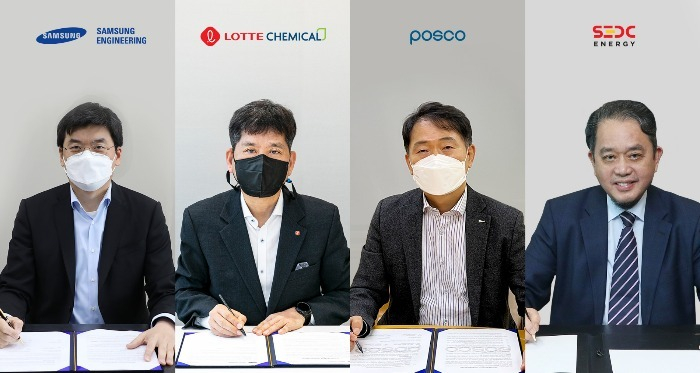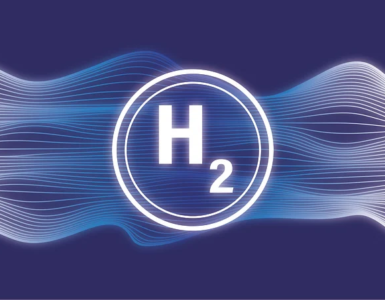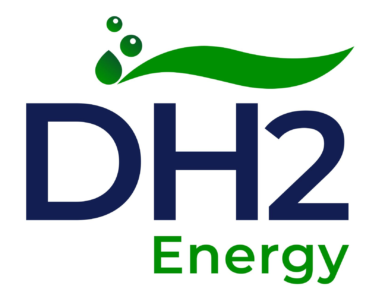H2biscus Project – Samsung, Lotte, POSCO to build hydrogen plant in Malaysia.
Samsung Engineering Co., Lotte Chemical Corp., and POSCO signed a memorandum of understanding (MoU) with Sarawak Economic Development Corporation (SEDC) to develop environmentally friendly hydrogen and ammonia at a plant to be built at Bintulu, in the Malaysian state of Sarawak.
The Sarawak H2biscus Green Hydrogen/Ammonia Project, or H2biscus Project will build a plant with the annual capacity to produce 630,000 mt of green ammonia, 600,000 mt of blue ammonia, 460,000 mt of green methanol and 7,000 mt of green hydrogen.
In the field of clean energy, green refers to zero-carbon products produced using renewable energy and electrolysis; and blue to a production method that uses natural gas paired with carbon capture technologies to produce low-carbon products.
🔥 What about we co-host a webinar? Let's educate, captivate, and convert the hydrogen economy!
Hydrogen Central is the global go-to online magazine for the hydrogen economy, we can help you host impactful webinars that become a global reference on your topic and are an evergreen source of leads. Click here to request more details
High-level employees from the Korean companies and SEDC chairman Abdul Aziz Husain attended the virtual signing ceremony.
The companies conducted a pre-feasibility test last year. The project is poised to go through further analysis on technical, legal, financial and accounting affairs as well as market research.
Parties involved in the project explain that the aim is to supply hydrogen and ammonia to the Malaysian state of Sarawak and South Korea. The collective also hopes to contribute to reducing Korea’s carbon emissions and revitalizing the hydrogen economy.
To achieve this goal, the respective Korean companies will each focus on their respective strengths.
Samsung Engineering is currently building the methanol plant for Sarawak Petchem at Bintulu that is slated for completion late next year.
Lotte Chemical aims to turn hydrogen into ammonia and bring it to South Korea for use at hydrogen fueling stations.
Hydrogen is difficult to store because it has very low volumetric energy density, is inflammable, and is easily dispersed into the air. Preservation and transport are the main challenges to the widespread use of hydrogen.
This is where ammonia steps in, which is a compound of nitrogen and hydrogen with the formula NH3. Companies can transport ammonia into South Korea, from which hydrogen can be extracted.
POSCO plans to use hydrogen for “greening” its steel business. The company is slated to split into a separate unlisted entity in March that will be 100% owned by a new holding company, giving priority to new businesses such as hydrogen and batteries.
The three companies participated in a green ammonia consultative group for carbon emissions reduction in July 2021 and at an event for evaluating the country’s progress so far in building the hydrogen economy in October. Also last October, the companies signed an MoU to develop hydrogen projects abroad.
Apart from the 7,000 mt of green hydrogen allocated for local consumption, the remaining ammonia and methanol will be transported to South Korea for domestic use. Thanks for staying up to date with Hydrogen Central.
Park Chun-hong, a vice president at Samsung Engineering said.
Based on a solid local network, [we] will lead a successful project.
Kim Yeon-seob, who oversees Lotte Chemicals’ ESG division said,
[We] will lead the revitalization of the hydrogen economy by capitalizing on the know-how of working in 22 countries and operating 26 production bases.
Samsung, Lotte, POSCO to build hydrogen plant in Malaysia, January 25, 2022








